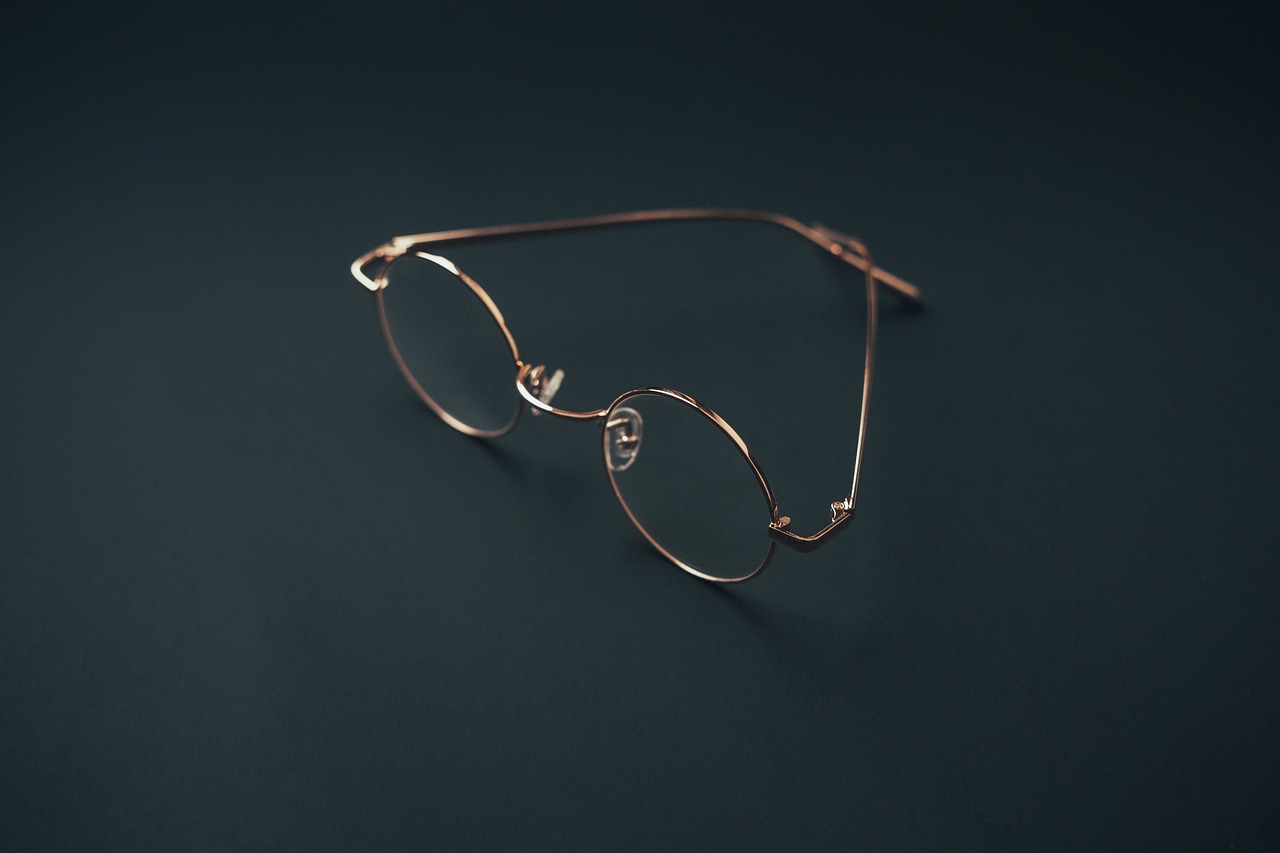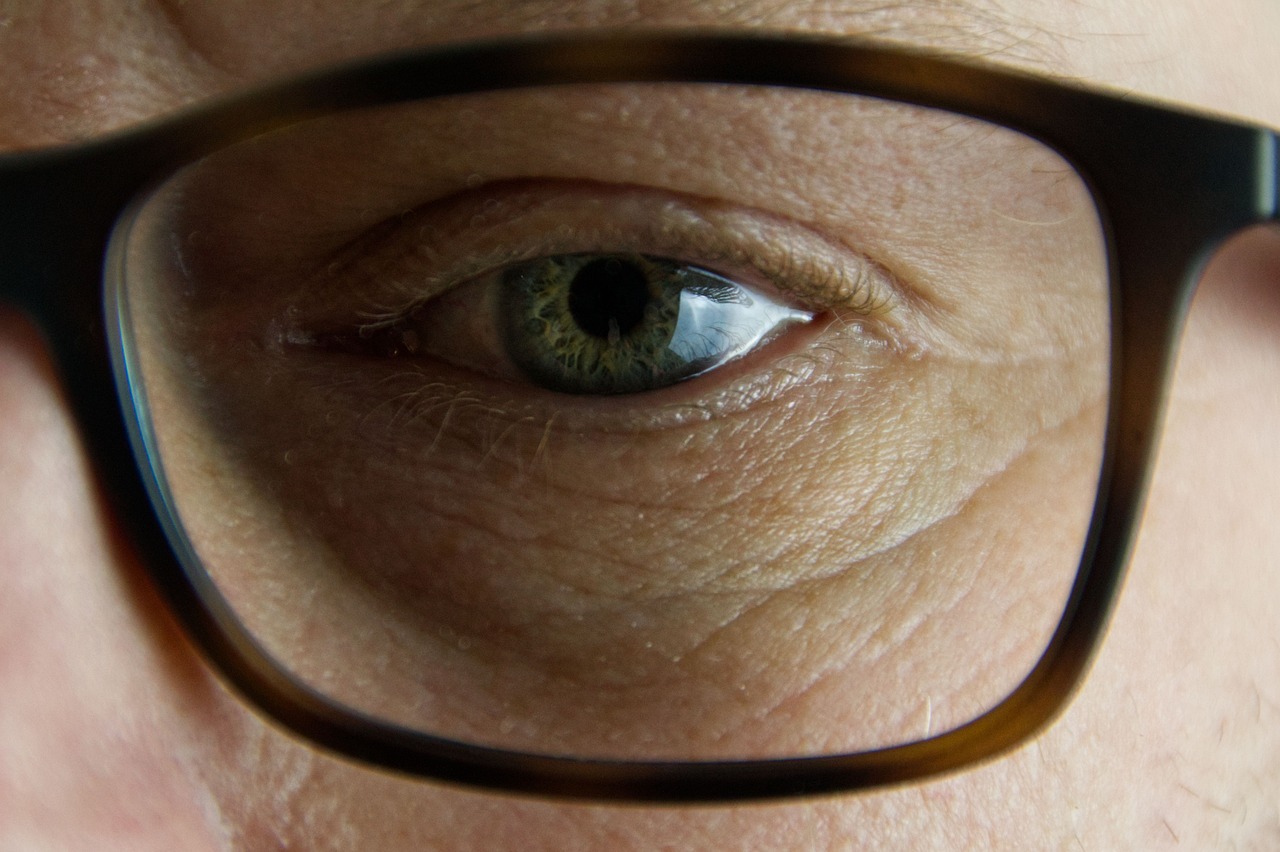As our world becomes increasingly digitized, the average person spends several hours each day staring at electronic screens. From computers and tablets to smartphones and televisions, these devices emit significant amounts of blue light that can potentially impact our health and well-being, in ways that we might not even be aware of. One emerging solution to this issue is using blue light glasses. These glasses are designed to filter out the blue light emitted by electronic screens. The claimed benefits of wearing blue light glasses are multifaceted, ranging from improved sleep to decreased eye strain. Here are the three key benefits of using blue light glasses.
 Image by Roberto Lee Cortes from Pixabay
Image by Roberto Lee Cortes from Pixabay
1. Improvement in Sleep Quality
Scientific research indicates that excessive exposure to blue light from screens can interfere with the body's natural circadian rhythm, our internal biological clock that regulates sleep-wake cycles. Blue light is known to suppress melatonin, a hormone that helps control sleep, leading to sleep disruptions or insomnia. By filtering out this light, blue light glasses can help protect our melatonin levels, thereby promoting healthier and more regular sleep patterns. Improved sleep quality has a domino effect on various aspects of our health, including mental well-being, cardiovascular health, and overall immune system functioning.
2. Reduction in Digital Eye Strain
Spending long hours in front of screens often leads to what is known as digital eye strain. Symptoms can include blurry vision, difficulty focusing, dry and irritated eyes, headaches, and neck and back pain. Blue light glasses are designed to ease this discomfort by reducing the amount of blue light that reaches the eyes, which in turn reduces the amount of work your eyes have to do to focus. By doing so, blue light glasses can help alleviate symptoms associated with digital eye strain, promoting greater comfort and productivity during screen-based activities.
3. Protection against Potential Eye Damage
Although more research is required when it comes to the long-term effects of blue light exposure on eye health, preliminary studies suggest that prolonged and unfiltered exposure could potentially contribute to retinal damage and conditions like age-related macular degeneration. Blue light glasses are considered a preventative measure, reducing the amount of blue light that enters the eye and potentially mitigating the risk of damage. While they are not a replacement for regular eye exams or medical advice, they can serve as a valuable tool in our digital-age when it comes to eye protection.
As our lives become more intertwined with digital screens, tools like blue light glasses provide a practical approach to mitigating the effects of prolonged screen use. Through enhancing sleep quality, reducing digital eye strain, and protecting against potential eye damage, blue light glasses may well be a worthy investment for someone who spends most of their time staring at a screen.










